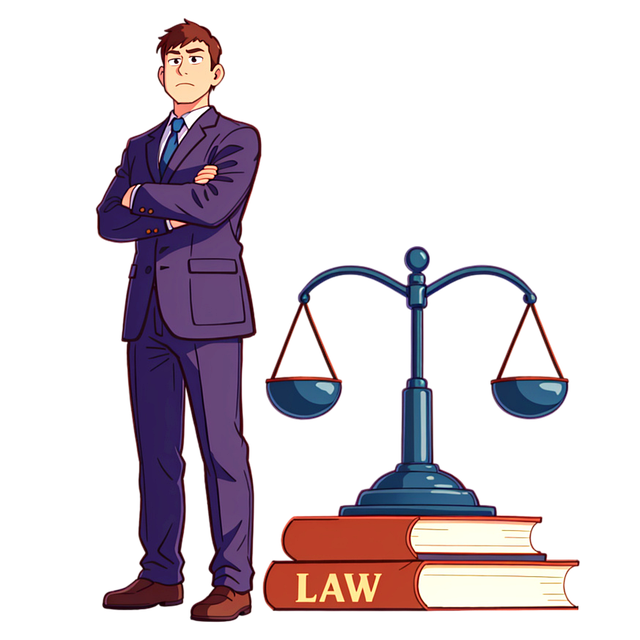A trip and fall attorney is crucial for understanding legal rights and options after an accident, especially involving caregiver negligence or commercial disputes. They clarify legal processes, assess liability and negligence, and help secure fair compensation for serious injuries. When meeting with them, understand their evaluation process, evidence gathering methods, and experience in handling similar cases. Selecting the right attorney involves focusing on their experience, communication style, and specialization in trip and fall cases, ensuring open lines of communication throughout your legal journey.
Thinking about pursuing legal action after a trip and fall accident? Consulting with a qualified trip and fall attorney is crucial. This guide walks you through key questions to ask during your initial consultation, covering understanding your legal rights, case evaluation, and assessing the attorney’s experience and approach. Get informed, make smart decisions, and protect your interests with these essential insights.
- Understanding Your Legal Rights and Options
- Essential Questions to Ask About Case Evaluation
- Evaluating the Attorney's Experience and Approach
Understanding Your Legal Rights and Options

When consulting with a trip and fall attorney, one of the primary goals is to gain clarity on your legal rights and available options. This crucial step ensures that you understand the potential avenues for compensation and the best course of action moving forward. A qualified attorney will explain the legal process, including any applicable statutes of limitations and the procedures for filing a claim or lawsuit.
They will also help you assess if your case involves caregiver negligence, which is a significant concern in personal injury cases. If your trip and fall resulted from someone else’s carelessness or neglect, especially in sensitive situations like healthcare facilities, understanding this aspect is vital. Moreover, knowing how to navigate commercial disputes related to such incidents can be the difference between securing fair compensation for serious injuries sustained and leaving you with mounting medical bills and other financial burdens.
Essential Questions to Ask About Case Evaluation

When meeting with a trip and fall attorney for the first time, it’s crucial to gain insights into how they evaluate your potential case. Here are some essential questions to ask: “What factors do you consider when assessing a trip and fall case?” Understanding their approach helps gauge if they focus on elements like liability, negligence, and the severity of injuries. Additionally, inquire about their process for gathering evidence, interviewing witnesses, and calculating compensation.
You might also want to explore their experience in handling similar cases, especially involving serious injuries or elder abuse, as this expertise can significantly impact your case’s outcome. An auto accident lawyer specializing in trip and fall cases can provide valuable insights into the legal complexities and potential outcomes, ensuring you make informed decisions regarding your next steps.
Evaluating the Attorney's Experience and Approach

When evaluating a trip and fall attorney for your case, delve into their experience and approach. Consider their specialization within personal injury law, particularly in trip and fall cases. An experienced attorney should have a proven track record of successfully handling similar cases, demonstrating their understanding of relevant laws and regulations.
Inquire about their communication style and how they maintain client partnerships. A good attorney should foster open lines of communication, actively listening to your concerns and keeping you informed throughout the process. While aspects like breach of contract or partnership disagreements are unrelated to a trip and fall case, it’s beneficial to assess their overall approach to building a relationship with clients, ensuring you feel comfortable and supported in your legal journey.
When meeting with a trip and fall attorney, preparation is key. By understanding your legal rights, asking insightful questions about case evaluation, and assessing their experience and approach, you’ll be better equipped to make an informed decision. These steps are vital in navigating the complexities of personal injury law and ensuring you receive the justice and compensation you deserve.






